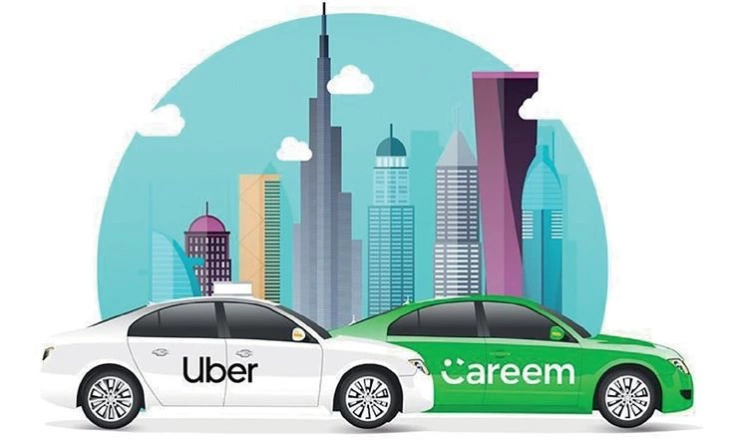When Messaging Fails and Taxis Don’t Come — Travel Connectivity Issues No One Warns You About
You step off the plane expecting ease: turn on your phone, open a map, call a ride, send a message home — and vacation begins. But within minutes, things don’t work the way you thought. Every traveler eventually runs into this digital reality check — and it can throw off the start of an otherwise perfect trip.
Let’s start with one of the most common examples: the United Arab Emirates. Messaging apps like WhatsApp or Telegram might send texts — but voice or video calls? Blocked. If you planned to make a quick call to your family, hotel, or airport transfer, you’ll find yourself scrambling. In the UAE, all VoIP services are officially restricted — that includes WhatsApp Calls, Telegram Calls, FaceTime, Viber, even Zoom. No setting on your phone will change this unless you’re prepared.The solution is often a VPN, but here’s the catch: you need to install it before entering the country, as VPN websites themselves may be blocked once you're there. Many travelers only realize this too late.
Now take Turkey — a different kind of complication. Everything technically works, but not like you’re used to. For example, many tourists using iPhones or foreign SIM cards discover that taxi apps don’t function properly or can’t find their location. Uber is officially banned in Turkey for private drivers and is only available for taxis — and even then, only in certain areas.The local app BiTaksi exists, but it requires a Turkish phone number to register. If you haven’t yet bought a local SIM, you're stuck without an easy ride option — especially if you’re outside major cities like Istanbul.
Another common issue? Payment app failures. International cards may not work at some terminals, especially in parts of Asia or the Middle East. Google Pay or Apple Pay might be unsupported or require a national ID. So even if you’re “digitally prepared,” without cash, you could find yourself stranded at the café counter.
And let’s not forget navigation problems. In countries like China or Iran, Google Maps either doesn’t work properly or is completely restricted. If you didn’t download offline maps ahead of time, you might be left wandering — particularly in cities where street signs aren’t in English.
Now imagine: you can’t call, can’t order a taxi, can’t pay for a coffee, and don’t even know where you are. These are real scenarios that thousands of travelers experience — and in most cases, they’re avoidable with some planning.

💡 What Can You Do?
- Install a VPN before you leave, especially when traveling to countries with digital restrictions (UAE, China, Iran).
- Buy an eSIM in advance and check if it allows hotspot sharing and stable speed.
- Make sure you have access to offline maps — download them via Google Maps or Maps.me.
- Carry local currency, especially in Turkey, Egypt, and parts of Asia.
- Don’t rely solely on Uber — research local taxi apps and how they work in your destination.
- Have a backup plan: hotel transfer, printed QR codes, offline booking confirmations.

Mobile data and connectivity aren’t just about convenience anymore — they’re part of your travel safety and confidence. A little prep can save you from a lot of unnecessary stress and help you feel more grounded and independent, no matter where in the world you land.Because a vacation isn’t just about beautiful views — it’s about knowing you’re covered, even when the signal isn’t.
Close